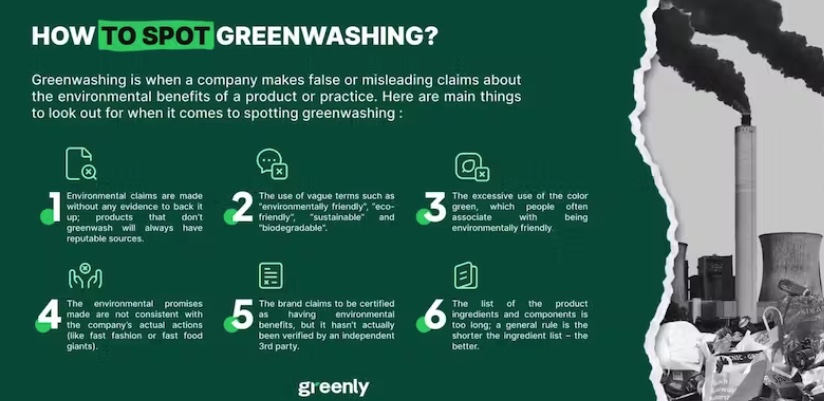The phrase ‘walking the talk’ has survived the test of time. As big businesses and corporate leaders are increasingly held to account – and relied upon to create positive change – it appears that consumers and employees no longer accept anything but moral behaviour from the companies they trust.
And while a lot of businesses refer to values like ethics and integrity in their advertising collateral and strategic plans – is it all just lip-service?
‘Walking the talk’ refers to when an individual or organisation follows through on their words and beliefs by taking actions that align with their stated values and goals.
It means demonstrating consistency between what they say and what they actually do.
If a company fails to follow through on its commitments, it can lead to a loss of trust and credibility, which is seen both among customers and employees. Ultimately, this can harm the company’s reputation and bottom line.
A case of green-washing
A case in point is Volkswagen’s (VW’s) emissions scandal. In 2015, VW advertised their diesel cars as being environmentally friendly while secretly using software to cheat emissions tests. The company claimed that their cars were clean-burning and fuel-efficient, boasting lower emissions than petrol-driven cars, promoted ‘Clean Diesel’ technology.
Unfortunately, the cars turned out to be anything but, and were later found to violate emissions regulations. In normal driving conditions, they would emit up to 40 times the legal limit of nitrogen oxides, contributing to air pollution and respiratory issues. The advertising claims helped to create a positive brand image for VW as an environmentally-friendly company. When this was later shown to be false, it revealed a clear discrepancy between the company’s actions and their advertising claims.

This kind of behaviour can cause a range of problems for companies. Employees who don’t see their company standing by its stated values may become disillusioned and disengaged. This can lead to lower productivity and higher turnover rates.
Customers who feel deceived or misled by a company whose actions are inconsistent with their stated values may take their business elsewhere, damaging the company’s revenue and market share.
This was certainly the case for VW. The scandal resulted in a significant drop in VW’s stock price, multiple lawsuits, and a widespread loss of consumer confidence in the company. VW eventually agreed to pay more than $15 billion in settlements and buybacks to affected customers, and several executives were indicted on criminal charges.
The VW emission scandal highlights the importance of transparent business practices and ethical conduct. It also serves as a warning to other companies about the consequences of not following regulations and deceiving consumers.

It’s all about integrity
C.S. Lewis describes it best:
“Integrity is doing what you said you would do, even when no one is watching you.”
– C.S. Lewis
At Articulous, we believe that it’s equally important for employers to act with integrity and ‘walk the talk’ in the workplace.
They can do this by ensuring that the workplace reflects the values and principles they espouse, providing a positive work environment.
Companies who say they value diversity and inclusion should ensure that all workers feel welcome and respected, regardless of their backgrounds.
Employers need to demonstrate a commitment to workers’ well-being, whether promoting transparency in the workplace by encouraging open communication with their workers through regular feedback, or providing fair and competitive compensation by industry standards.
On a personal level, employers should lead by example – demonstrating their commitment to the values and principles they champion. For example, if a company claims it values work-life balance, its leaders should model healthy work habits and avoid burnout.
In addition employers can support their workers’ career development by offering opportunities for growth, training and mentorship programs, and promoting from within. This shows that the company is invested in its workers’ long-term success and wellbeing.
In the long run, ‘walking the talk’ is good for employers, employees and the business’ bottom line.





